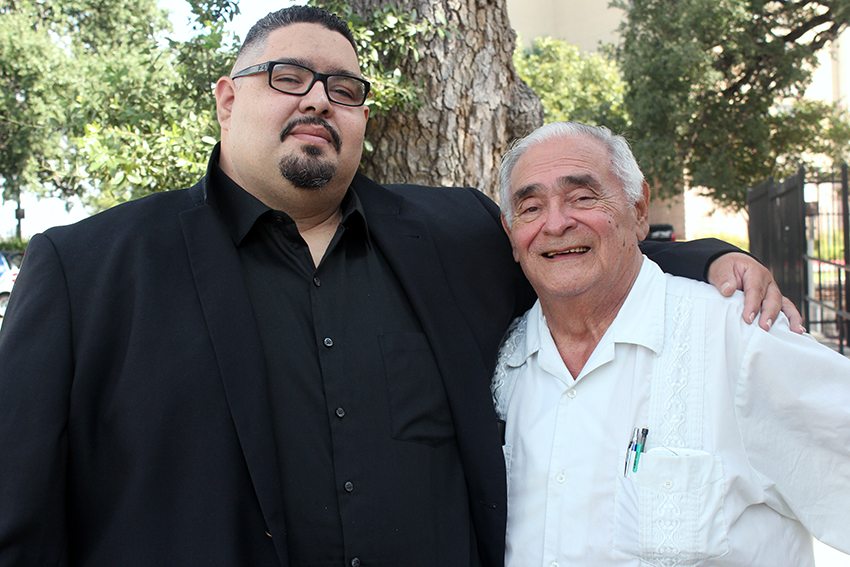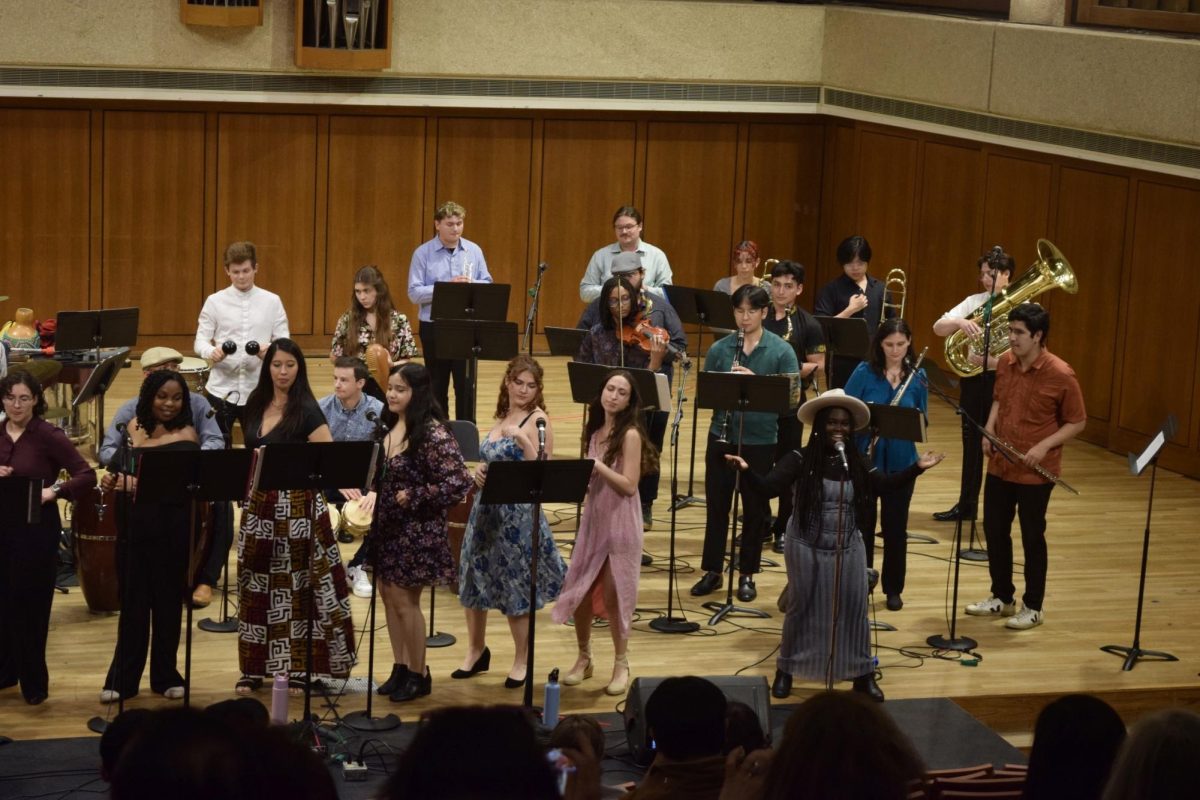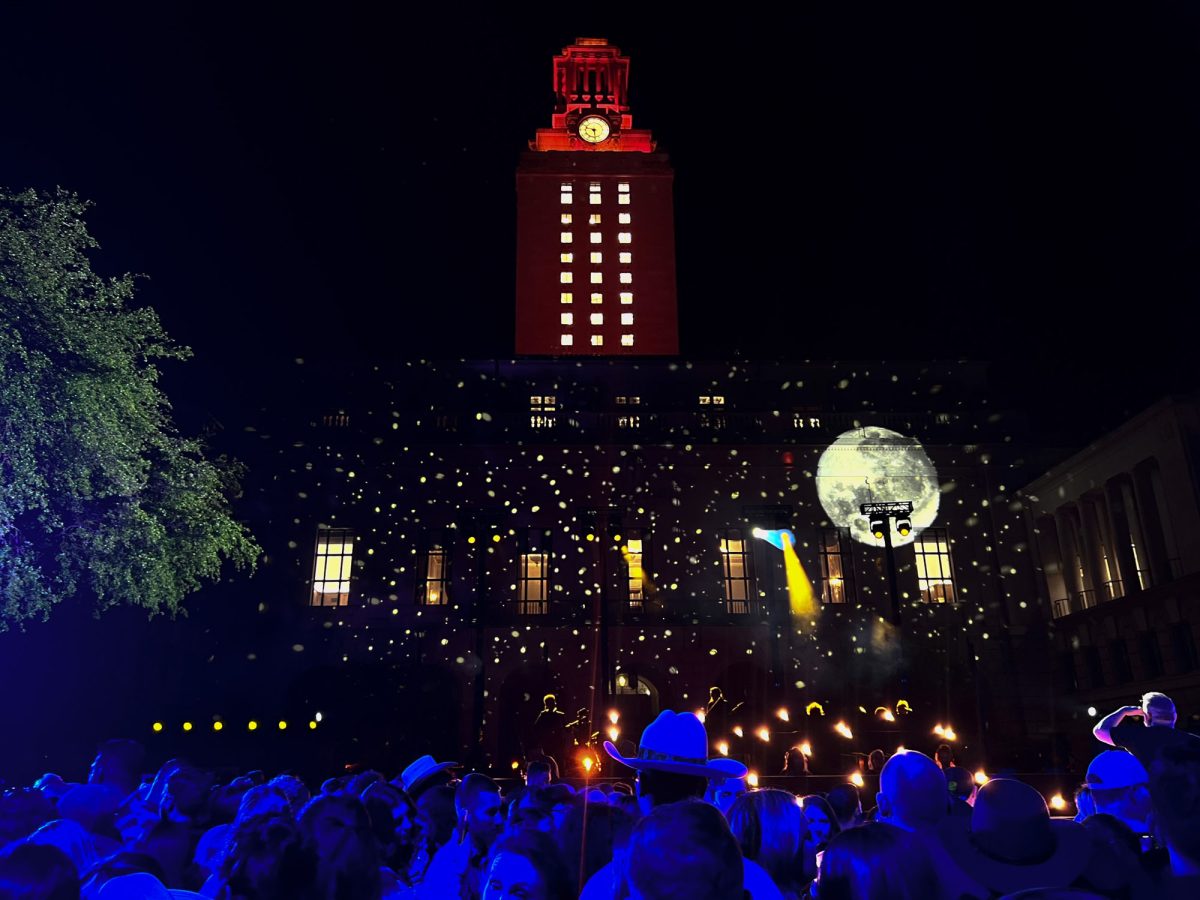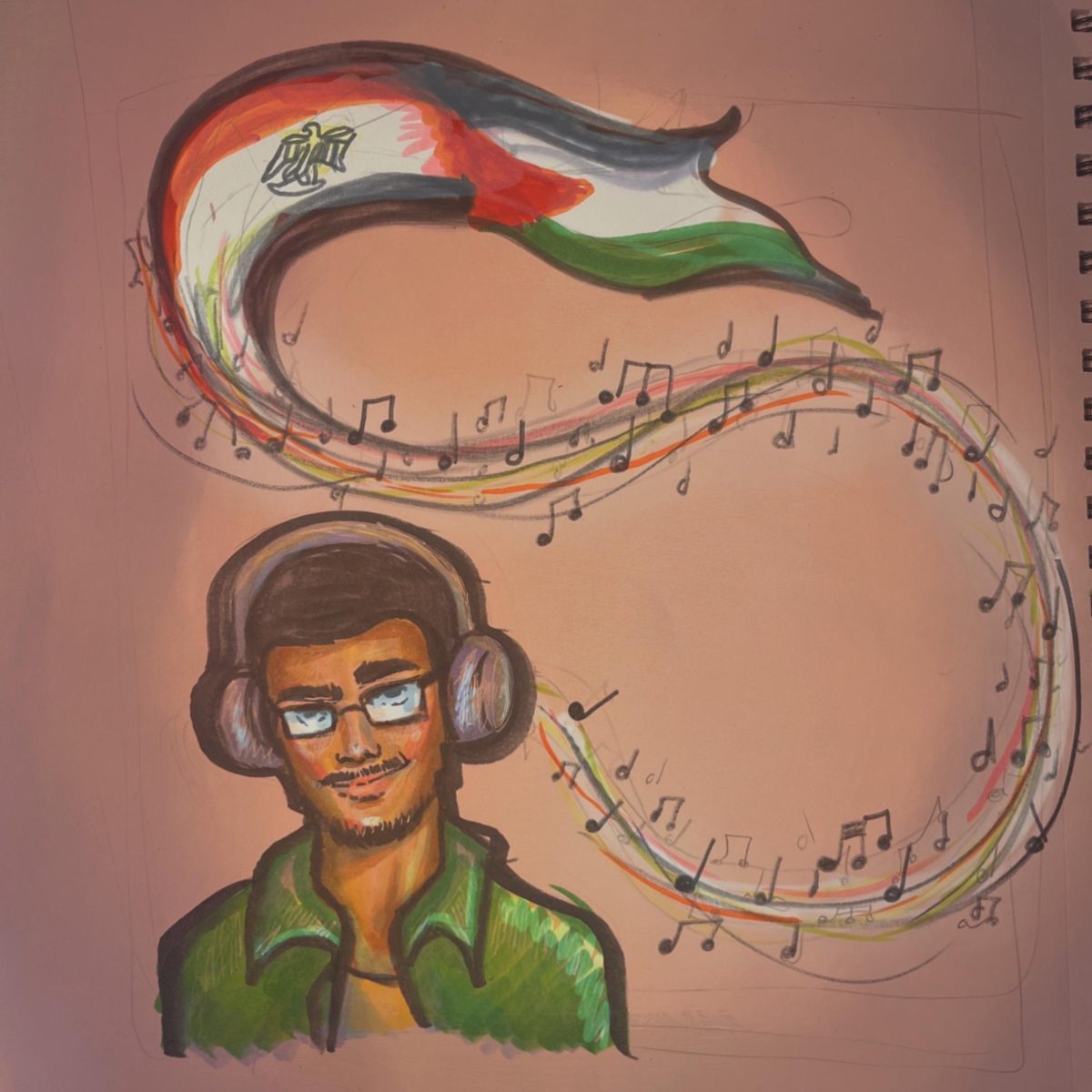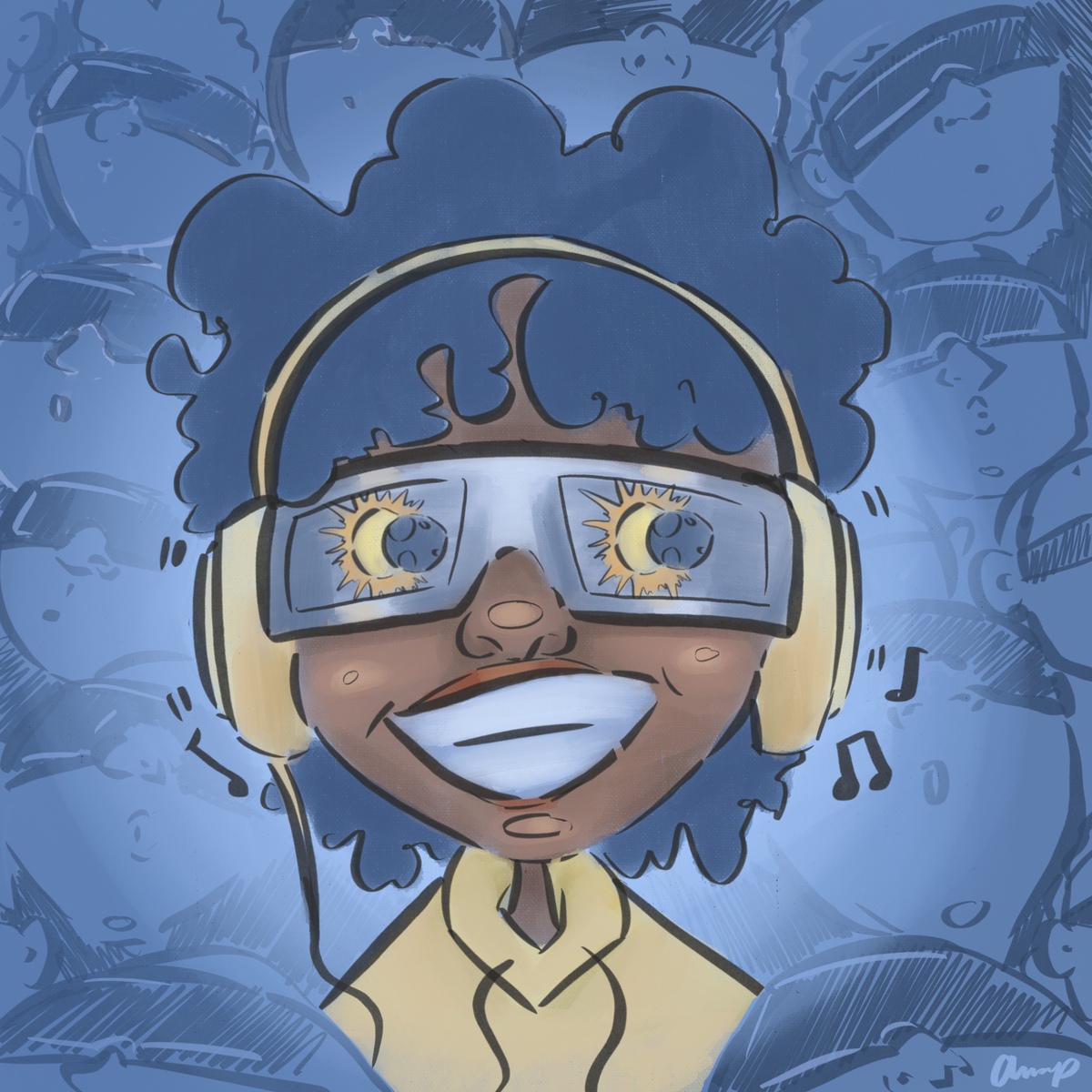To the majority of radio broadcasters in the 1960s, Tejano music was the “ugly stepchild” of the industry. But to people like Marcelo Tafoya and his son, Tony, it was Cinderella.
“It was not considered real Spanish,” Marcelo said. “To them, it was garbage because it wasn’t perfect. “[Tejano] wasn’t the kind of music that would offend anyone. It was more like love, [like] caring for somebody if they lost someone, like country western but Spanish style.”
Arriving to Central and South Texas in the 1920s, Tejano music is a form of “Tex-Mex” that includes brass instruments, organs, accordions and guitar. Bands often consisted of a dozen musicians, who ad-libbed during performances because sheet music was too expensive. For many years, Spanish and English radio stations monopolized the airwaves, leaving no room for local Tejano artists. But when disc jockeys like Marcelo started spinning Tejano records on their radio shows in the early ’60s, it spread like wildfire.
“We were speaking their language — our language,” Marcelo said. “ [We played] what we understood, [and] that is why it caught on so fast.”
Marcelo, who is considered one of the founders of the local scene, didn’t grow up listening to Tejano music. In 1963, he was offered a Catholic radio show, but when the Church backed out of their deal, Marcelo was left with two choices: Become a priest or find a new focus for his show.
He asked himself which path would help him serve his people best, and ended up behind the microphone with thousands of listeners tuning in everyday.
More than a decade later, he bought his own station, KRGT, in Lubbock. Later, he bought a few more in Austin and Lampasas and starred in his own Tejano live music television show.
Although other broadcasters advised him to stick to traditional Mexican music, Marcelo insisted on playing Alfonso Ramos, Dave Gutierrez and Shorty and the Corvettes. At the same time, he began teaching a radio broadcast class at UT. According to his son Tony, many of the local favorites of the Tejano scene, such as Leonard Davila, Paco Rodriguez and Ruben Ramos from The Mexican Revolution, took his course before they began producing music. Marcelo got four hours of sleep each night while bustling from station to station, running his TV show and raising a family. Was it worth it?
“Financially, no. Spiritually, yes,” he said.
Working to keep his culture alive fueled him. He learned as he went, picking up little things along the way. He spoke to everyone like they were family, no matter who they were or where they came from — because that was the Tejano way.
“If you are a part of their life, if you hurt when they hurt, they will take you in,” Marcelo said. “The Tejano family is very loving, caring and unique. Mi casa es su casa.”
Under President Nixon’s term, Marcelo served as the only Hispanic on the President’s Committee On Drugs, a group of 13 DJs chosen to advocate anti-drug messages on air to target the youth.
In 1964, President Lyndon B. Johnson came to him with Spanish versions of his political ad, and he aired them on his show. But in 1992, he lost it all.
And he wasn’t the only one. The savings and loans crisis left many disc jockeys, including him and his 13-year-old son, with an uncertain future.
By then, Tony had been hosting his own radio show for two years, making him the youngest disc jockey on commercial radio. At the same time, he had also started his own production company, Latin Connection, with a business partner almost twice his age. But without any discs at their fingertips, the father and son were in a state of shock.
“In reality we were both lost,” Tony said. “He had lost everything and I had lost my future. We were both reaching for anything we could recall.”
Since then, Tony, a business senior, has returned to school and Marcelo has retired. Both of them would like to start another radio station, but have found themselves in an impossible situation: Stations currently cost upwards of $25 million and most frequencies are owned by large corporations.
The industry has been forced back underground, resorting to online stations. The few stations in existence are scattered, but the community is alive. All it needs is a strong leader like the Tafoyas.
“My involvement has been pulling the ship together — I’m turning into the captain. We’re trying to unite people to make it grow again and turn it back into what it used to be,” Tony said. “Right now, we are lost and it’s sad because it is a culture; it is people; it’s bigger than us.”



